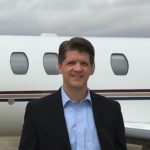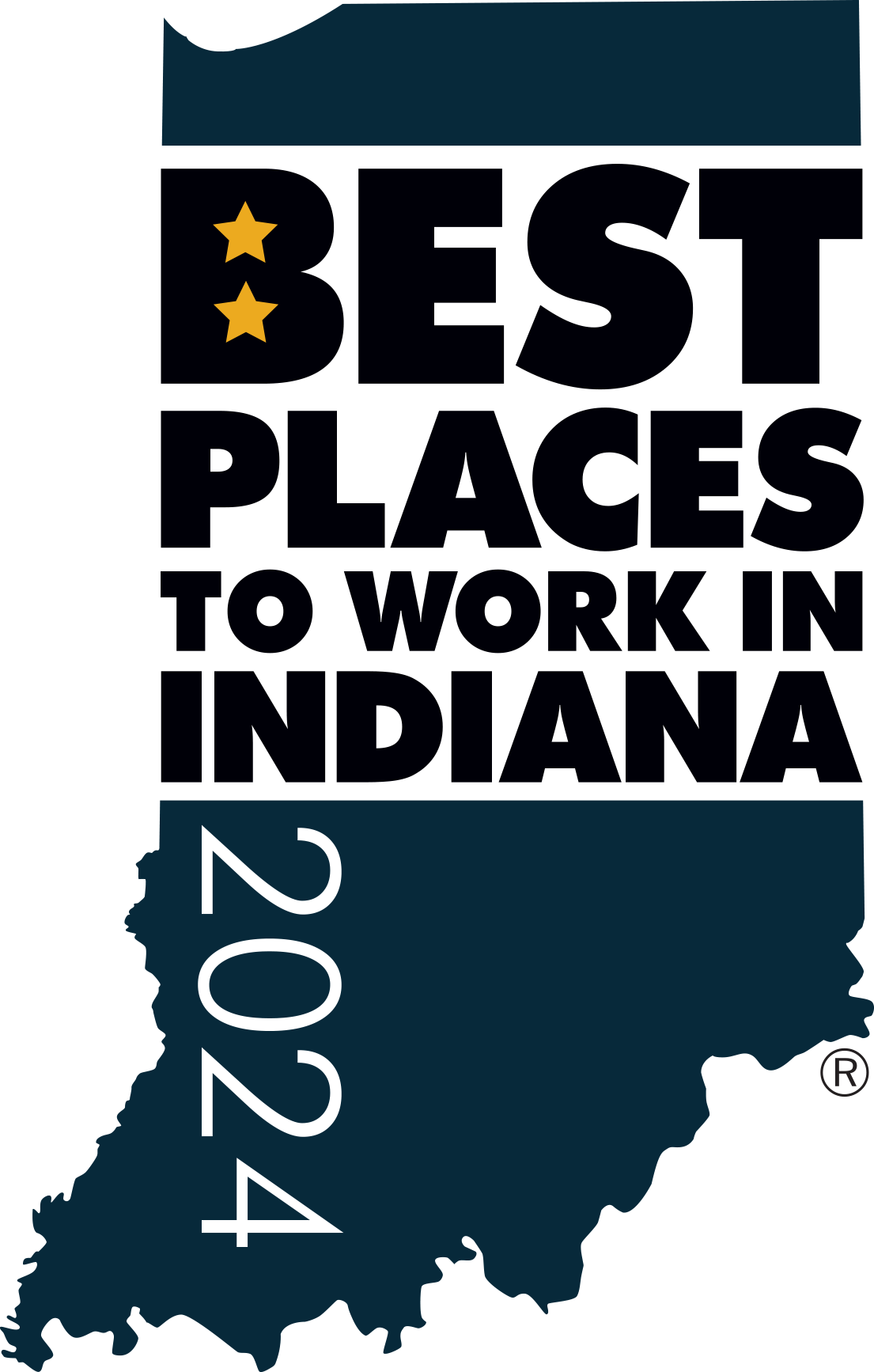Indy CFO Spotlight-Jared Downing

Ricker Oil CFO, Jarod Downing has accomplished a lot in a short period of time. Although he once considered a job on Wall Street, he’s made quite a finance career for himself right here in Indianapolis. I’m back at Four Day Ray Brewing Company in Fishers on a brisk December Friday afternoon.
KB: Great to see you Jarod.
JD: Thanks, good to be here.
KB: The most common feedback I get on these CFO Spotlight articles is that readers really enjoy hearing the “story”;
how the subject got to be a CFO. So tell me your story.
JD: I spent the first part of my career in aerospace. Three years with American Trans Air and then almost six with Rolls
Royce. Things at Rolls were going well. I was moving up. Then, I got a call from a friend of mine – Quinn Ricker – who
said he wanted to chat with me. I couldn’t talk at that moment, so we agreed to speak later. Later that same day, I got
a call from a guy named Rick. I didn’t know Rick, and he didn’t say why he was calling. Curious, I called Rick back. It
turns out Rick was an advisor who had just agreed to lead a CFO search. That search was for the CFO of Ricker Oil
Company. All of a sudden, things started making sense. I obviously knew the Ricker family, and Quinn had turned the
communication over to Rick to keep things professional and arms-length. After a series of meetings and assessing
the pros and cons of working with a family I enjoyed a personal relationship with, I was offered and accepted the job.
KB: What’s it like being a family office CFO?
JD: The title CFO has different meanings at different companies. The CFO at Lilly doesn’t make journal entries. In my
world, sometimes I might make a journal entry. However, there are other twists like estate planning, trusts, and
creating corporate structures for various wealth transfer strategies. In a single day, I might go from an account
reconciliation meeting to a budget meeting to meeting with our accounting firm about the family’s estate planning. I
wind down businesses and create new ones. My job must balance corporate profitability with tax minimization for the
family. It’s so diverse that I’ll never be an expert in any of that, but I have to know enough to provide sound counsel to
the family. I’m never bored.
KB: This was a big change for you. You were a big corporate guy. How was that transition?
JD: Big company to family office – you can’t prepare for that transition. You just have to do it. At Rolls Royce,
everything had to go through London. At Ricker, decisions get made while walking in the hallway. Also, there’s
somewhat of a security blanket in a big corporation – perks, benefits. I didn’t know what I was jumping into, but I knew
there was no place else I could get so much new experience so quickly. For that reason alone, I couldn’t pass it up.
KB: What was the biggest surprise once you got there?
JD: Biggest surprise was how much low-hanging fruit there was. The whole first week, I didn’t sit at my desk. Instead,
I met with each member of my team and had the same request: show me what you do and how you do it. The first
thing that jumped out at me was there was so much paper. Everything was on paper. Multiple times. So pretty
quickly, we got scanners. Another quick hit was ordering a second (or third) computer monitor for each employee.
With the technology piece, there were so many singles we could hit. Those singles started turning into runs
scored due to time efficiency and productivity gains.
KB: How was the people side of things? Did you make changes there too?
JD: Yes. I had to get the right people on the bus. After I took the job – and I don’t say with any pleasure – I turned over
nearly the entire staff within the first 18 months. We needed different skillsets, technology aptitude, etc.
KB: Did you get push back from the family on this? I am guessing many were tenured people.
JD: There were indeed some tenured people there. I didn’t get a lot of pushback from the owners…they trusted me
with the decisions.
KB: What’s a lesson you’ve learned in this job?
JD: The biggest lesson was to become a better delegator. Prior to Ricker Oil, I had small numbers of direct reports.
So, I’ve always been an “I’ll do it” guy. Now I had more reports. I learned to do a better job setting expectations,
getting buy-in and holding people accountable.
KB: Tell me about the generational aspect of the job. That’s always a challenge in family-owned businesses.
JD: Mr. Ricker and his wife started this company in 1979 at their kitchen table. Now it has over 800 employees and
generates several hundred million dollars in revenue. However, when the first generation leaves their office, they still
turn off the lights. They still pick up trash around the office, wipe off counters and change light bulbs. The first
generation asks, “How’d we do against last year?” The second generation uses budgets and forecasts. The first
generation still relies on his gut; but, he likes that he can now support his gut with data. The second generation is data
driven as the first impulse.
KB: What advice would you give your 20-year-old self?
JD: Accounting is the language of business…I got a finance undergrad degree. I wish I had become more conversant
with accounting earlier in my career. Also, I think public accounting experience would have benefitted me.
KB: How do you evaluate people?
JD: I look for people who can work hard. It’s hard to discern work ethic from one interview. I want to have more than
one discussion. Also, you can’t instill passion and diligence. They have it or they don’t. I want people I can have an
organic conversation with. “Tell me how you got to ‘here’.” That allows me to read the person and get a vibe. That will
tell you a lot.
KB: What are you passionate about?
JD: This role has opened my eyes to the joy of leading people. Every year, I ask each member of my Team for a
personal goal they want to achieve. One of my people, who was in the second half of their career, was one semester
away from graduating from college. Life happened, and he’d just never finished. He says to me, ‘I want to finish my
degree’. I said, ‘Ok, then do it.’ He did all the work, but I served as an outside force, continually nudging him to make
it happen. Last year, he graduated. And now, he’s starting his MBA.
KB: How do define excellence?
JD: Being the best at what you do without ever becoming complacent.
KB: What’s your favorite movie?
JD: Christmas Vacation. It’s a 100% classic that I watch every year 2-3 times between Thanksgiving and Christmas. I
can quote 80% of it.
KB: What’s your favorite quote?
JD: The role of a leader is not to come up with all the great ideas. The role of a leader is to create an environment in
which great ideas can happen. – Simon Senek
KB: Jarod, this is great. Thank you.
JD: Thank you as well.

